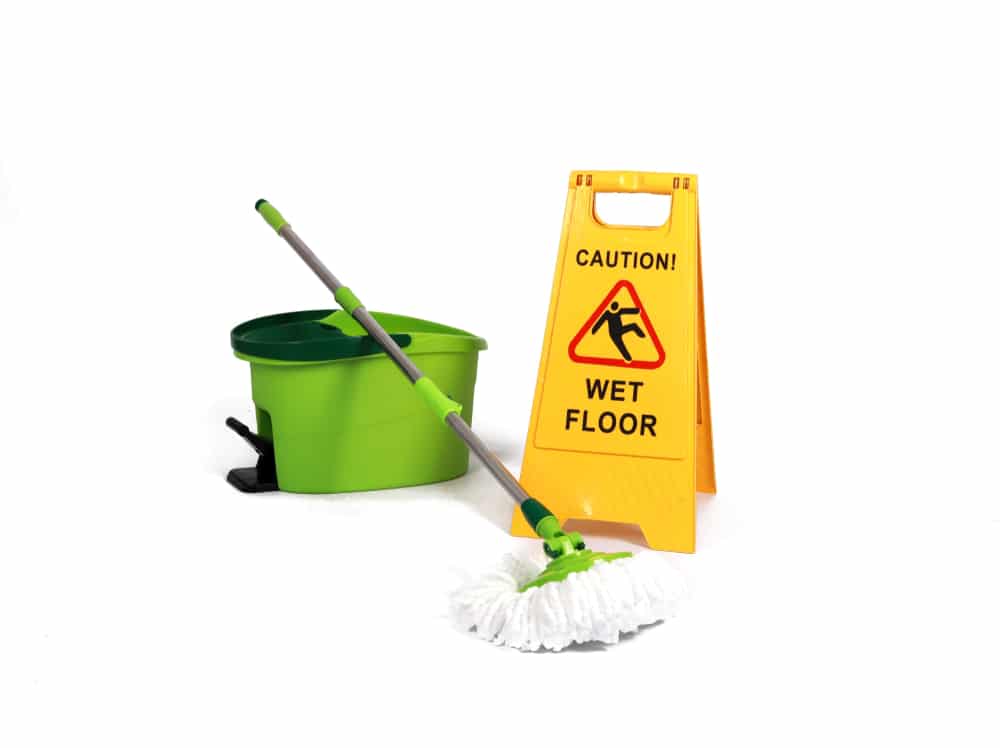
A federal appellate court has affirmed a $1.2 million jury award awarded to a woman who tripped over a bucket on a cruise ship and fell breaking her arm. For the woman, it is the long-anticipated end of a long legal battle. For other passengers on cruise ships, it could mean better methodology for litigating cruise ship tort claims.
Cruise Ship Fall Case Background
On Christmas Eve 2014, Joyce Higgs was enjoying a cruise on the Costa Luminosa cruise ship. At the breakfast buffet, she filled her plate and was returning to her table when she tripped over a bucket of dirty water. The bucket was located around a corner and was not visible to those turning the corner.
Higgs fell, breaking her humerus and suffering a permanent shoulder injury. She then sued the cruise line, Costa Crociere, for negligence.
Two Trials End in Favor of the Plaintiff
She won the trial and an award of $1.1 million in damages, with a 15 percent deduction for her own degree of fault. The 11th Circuit court overturned the award, however, after finding that the judge inappropriately excluded evidence showing that Higgs had fallen several times before.
The case went to trial again, this time with the history of Higgs’ falls made clear to the court. During this second trial, Higgs’ attorneys discovered that Costa failed to disclose certain information about the accident, including that a security officer had taken photographs of the scene. Higgs’ own family members tried to photograph the scene but were blocked by cruise staff.
During discovery, Costa attorneys told Higgs and her attorneys that there were no photographs. Higgs knew that to be untrue and her attorneys filed a motion for discovery sanctions. A U.S. District Judge granted the motion saying that the discovery violation was “egregious.” The jury was instructed to make “adverse inference” because Costa did not reveal the investigation or photographs.
Again, the jury ruled in favor of Higgs, awarding her around $1.1 million again, plus $61,000 in medical costs. Costa filed an appeal saying the jury’s findings “were not supported by evidence” and that the judge’s instructions to the jury had unfairly prejudiced the jury against the cruise line.
Appellate Panel Affirms Award
Upon appeal, the appellate panel affirmed the $1.2 million award for Higgs. The panel said,
“The evidence showed that a Costa employee placed a bucket — more than one foot tall and filled with dirty water — behind a blind corner in a highly-trafficked breakfast buffet pathway. That this placement would pose a danger of tripping would have been obvious to anyone, including to any employee who knowingly placed the bucket there.”
The panel also upheld the previous jury instructions. The panel said that Costa’s failure to identify their security officer, her investigation and photographs was a serious violation of discovery rules. Because of this, the plaintiff’s attorneys never had the opportunity to depose the security officer.
The panel also upheld the $61,000 medical cost ruling, saying that medical damage awards should be equal to the amounts actually paid, not the amount that an insurance company paid. In Higgs’ case, her insurance carrier paid $16,000 of the $61,000 billed.
Ruling May Guide Cruise Ship Tort Cases in the Future
Attorneys involved in Higgs’ case say that this ruling could be important for future cruise ship tort cases. Especially cases where medical damages are in question. One attorney says,
“The rule adopted now is that both parties can offer evidence as to the reasonable and necessary costs of the medical procedures/services involved. Jury could conceivably award full amount of bills, amount of bills actually paid or something in between. Pretty much a new rule for methodology of awarding medical costs but it makes good sense.”
Are You Suffering a Cruise Ship Fall Injury?
Slip, trip and fall injuries are among the most common injuries that cruise ship passengers experience. In fact, it is estimated that 43 percent of all maritime injuries are slip, trip or fall-related.
Many fall injuries can be prevented by following proper safety measures, including ensuring that walkways are free from hazards. In Higgs’ case, the employee who put the bucket of dirty water in the corner should have known it was a hazard. Therefore, the cruise line was negligent. Ultimately, employers have the responsibility of making sure that employees have proper training and follow protocols.
If you are suffering from a cruise ship fall injury, you may be able to pursue compensation for your injuries. Find out if you have grounds to file a maritime lawsuit by contacting Maritime Injury Guide. Our maritime lawyer can help you determine the best course of action for your injury case.
For a free injury consultation, call us at 1-866-871-8422, or complete our online contact form.
Sources: